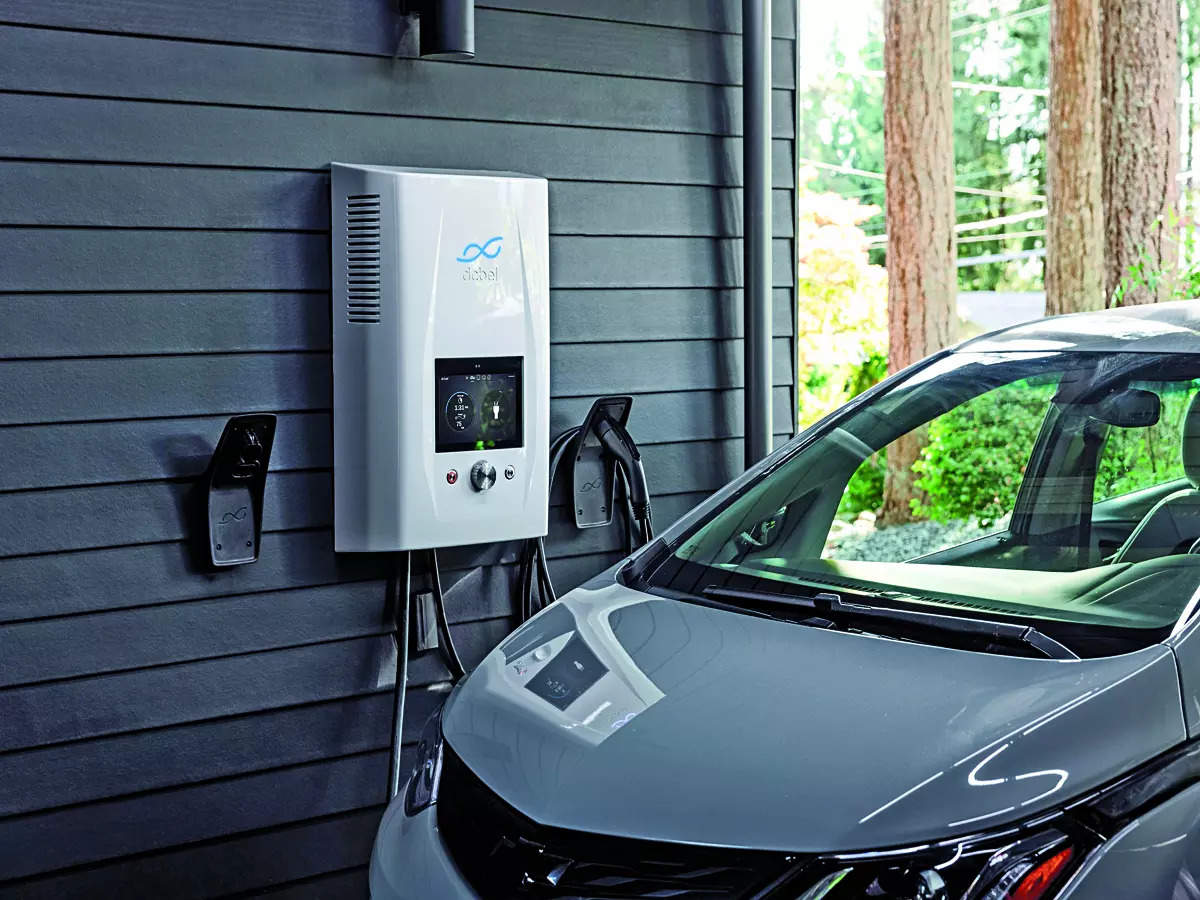
The electric vehicles (EV) industry is looking to tweak products and prices to stay competitive, with a cloud of uncertainty hanging over the much-acclaimed FAME scheme. As the central government drags its knees on the continuation of FAME subsidies, EV industry watchers said continued policy support by the the government will help enhance penetration from the current low levels of 5% to over 60% for electric 2&3-wheelers over the next 10 years.
Leading electric two-wheeler players are understood to be rejigging their products by launching lower-spec variants by reducing features and size of batteries, following the tapering down of subsidies, which will increase prices of their EV products this June onwards.
Recently, the Centre decided to reduce the FAME II subsidy on electric two-wheelers to INR 10,000 per kwh from the existing INR 15,000 per kwh and the maximum subsidy cap of 40% to 15%. Electric 2-wheeler sales have been under pressure and have been falling since April after clocking the highest monthly sales in March 2023 at 85,793 units. This month, till date, sales of electric 2-wheeler stand at 39,000 units and 3-wheelers at 23,527 units, according to the Vahan portal.
“When the incentive on electric two-wheelers was increased to INR 15,000 per kwh in June 2021, many manufacturers increased the battery size to 2.5-3 kw. Now, with the tapering down of the subsidy to INR 10,000 per kwh, I feel many will have smaller capacity batteries ranging from 1.5-2 kw,” said Venkat Rajaraman, CEO of lithium-ion battery pack maker, Cygni Energy, who feels subsidies should continue to compete with ICE vehicles.
“We need extension of FAME II for 3 more years (beyond March 2024) in order to realise goals of accelerated EV penetration,” said Sulajja Firodia Motwani, chief executive of Kinetic Green, a major 2 &3-wheeler player.
The FAME II scheme needs to continue for at least 2.5 years, beyond FY2024. There is a big delta between the purchase price of EVs and ICE vehicles. It will take two more years to reach an inflection point. The current subsidy may not be enough to ring in the growth. So more consumption of subsidy can happen, if we have a lower threshold to claim the incentives, said Suman Mishra , CEO, Mahindra Last Mile Mobility, a leading electric 3-wheeler player in an earlier interaction.
FAME II started in April 2019 with its effective implementation from October 2019. However, the country and industry was severely impacted with Covid from March 2020 until July 2022, say manufacturers.
However, several experts feel that there is no need to further subsidise EVs, especially two-wheelers as already more than a million EVs have already been subsidised.

